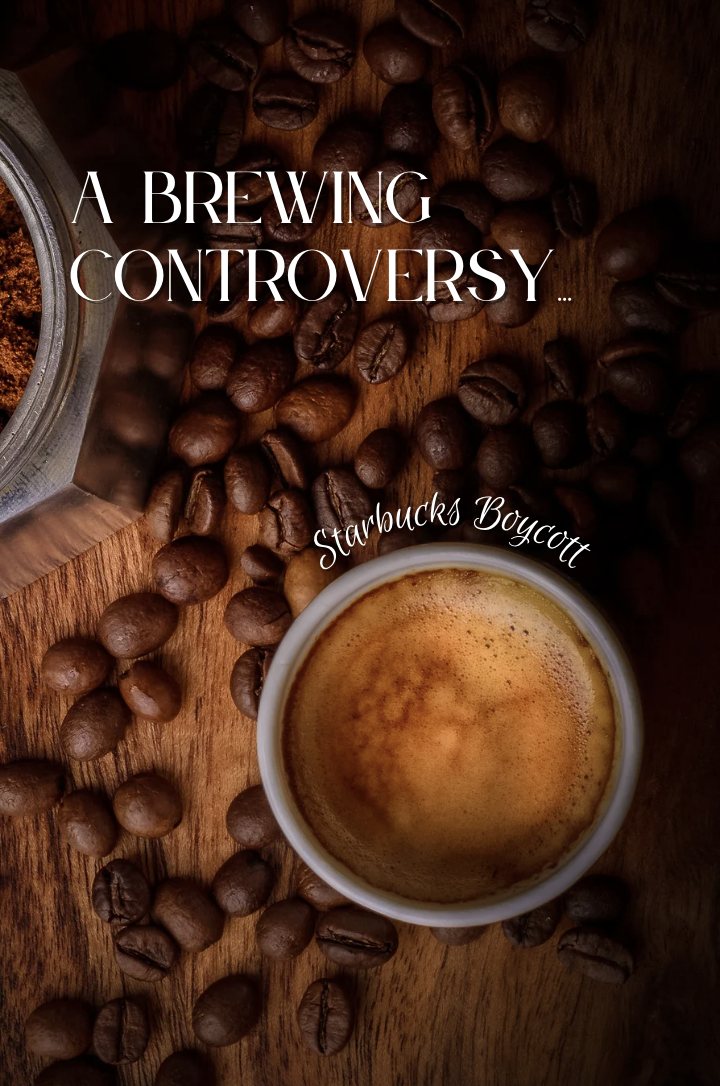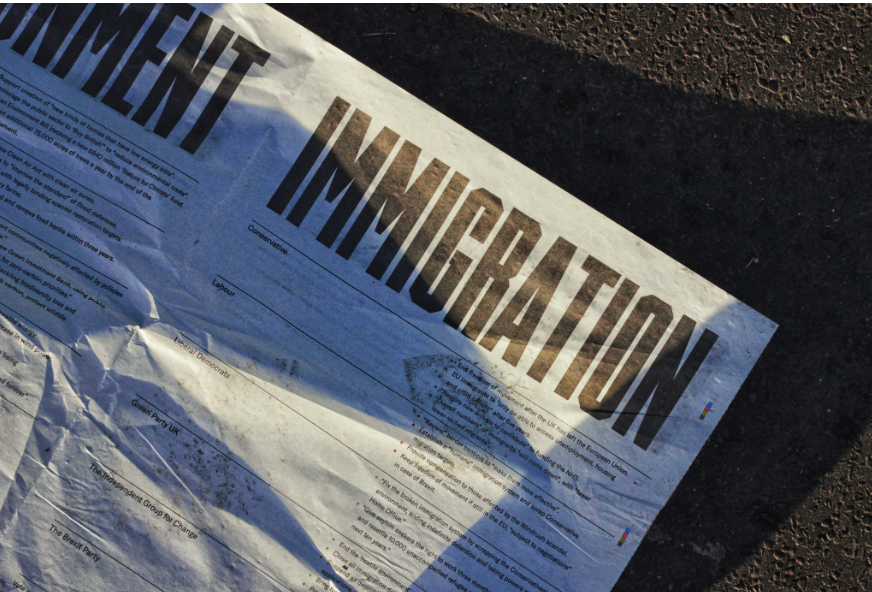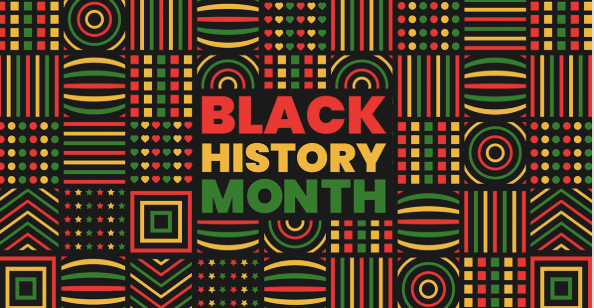It’s no surprise that this holiday season is the busiest time of year for Starbucks. Between their popular Red Cup Day and the release of new seasonal drinks, lines typically spill out the door. Despite this busy period, Starbucks has faced a recent downturn in sales and business, raising the question: Why?
Context
The primary factor contributing to Starbucks’ challenges has been the growing popularity of the idea of a boycott on the franchise. This movement stems from the company taking legal action against one of their own labor unions, a form of what is commonly known as “union busting”.
On October 18, Starbucks sued Starbucks Workers United over social media posts holding a Pro-Palestine sentiment. The union’s X (formerly Twitter) account posted an image of a bulldozer destroying a fence on the Gaza border with the caption: “Solidarity with Palestine!” in light of the current war between Israel and Palestine.
Why is this an issue?
Starbucks claims these social media posts are upsetting customers and damaging the company’s reputation, as well as saying that the name “Starbucks Workers United” is copyright infringement. Workers United filed back, saying that including the name Starbucks is to identify who they are, instead of using it as a trademark.
How did that result in a boycott?
Gen Z is “the most pro union generation alive today”, according to the Center for American Progress. This has led to the younger population being against union busting, and being the driving force behind the boycott.
Gen Z and Millenials, who are the majority of Starbucks’ clientele, are also statistically less likely to support the U.S. giving aid to Israel, and most take a Pro-Palestinian stance on the ongoing conflict. Given these generational dynamics, Starbucks taking legal action against a labor union for expressing Pro-Palestinian views has triggered concern and dissatisfaction within its primary customer base.
While Starbucks is not on the official boycott list posted by Boycott, Divestment, and Sanctions (BDS) Movement, which is a Palestinian led initiative, many teenagers and young adults have still made the independent decision to stop support, emphasizing the influence of public opinion on corporate practices and values.
References:
https://www.deseret.com/2023/11/8/23942938/gen-z-millennial-support-for-israel#:~:text=Gen%20Z%20and%20millennials%20are%20less%20likely%20than%20the%20general,denies%20that%20Hamas%20attacked%20Israel. https://apnews.com/article/starbucks-workers-united-union-lawsuit-israel-palestinian-f212a994fef67f122854a4df7e5d13f5







